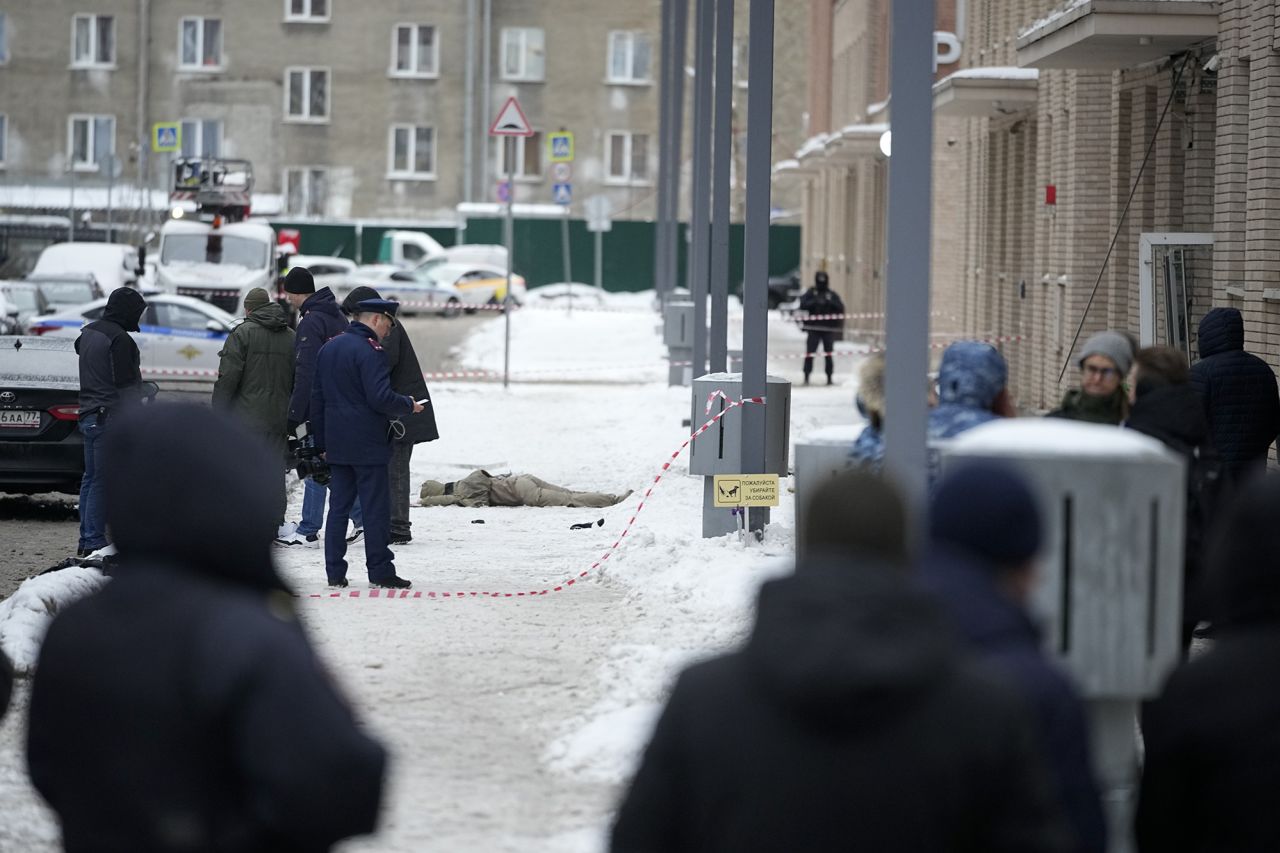The explosion that killed Igor Kirillov on Tuesday appears to be the most ambitious targeted attack of the war on Russian territory so far, allegedly carried out by Ukrainian security services, according to a source familiar with the operation. The strike not only hit at the heart of Russia’s military apparatus but also occurred alarmingly close to the nation’s capital.
An exploding scooter taking out a senior general is undoubtedly a glaring failure for Russia’s fortified internal security system. Yet, it also underscores the urgency Ukraine feels in reclaiming the initiative in the war through any means necessary, as the clock ticks toward a potential return of Donald Trump to the White House and Russia maintains steady progress on the eastern front.
Kirillov, as head of Russia’s radiological, biological, and chemical protection forces, was seen by Ukraine and its allies as playing a particularly destructive role in the conflict. He was believed responsible for the widespread use of chemical agents and riot control substances like CS gas on the battlefield. He was also a key purveyor of disinformation, a crucial tool for maintaining domestic support for the war. In one of his final public appearances in November, he alleged that Ukraine’s main goal in invading Russia’s Kursk region was to seize the Kursk nuclear power plant, while reviving an old Russian conspiracy theory that Ukraine was planning to build a dirty bomb.
Assassinations of military figures on Russian soil, linked directly or indirectly to Ukraine, have become a recurring feature of the war. Last July, former submarine commander Stanislav Rzhitsky was shot dead while jogging in Krasnodar. However, Kirillov’s death marks the fourth such incident in just two months.
In October, Dmitry Golenkov, a pilot with Russia’s 52nd heavy bomber regiment, was brutally killed with a hammer in Bryansk. In mid-November, a Ukrainian security source told CNN that Ukraine was behind a car bombing in Sevastopol, Crimea, which killed the chief of staff of Black Sea Fleet missile ships. Less than a week ago, the deputy chief designer of Russia’s Mars Design Bureau was shot dead in a Moscow park—an operation Kyiv claimed responsibility for, alleging his role in upgrading cruise missiles fired at Ukraine.
While Kirillov, like all Russian Ministry of Defense officials, is replaceable—and his death unlikely to halt Russia’s course on chemical weapons—this strike carries a significant informational dimension. It serves as a stark signal to Russia’s military: no individual is beyond reach. For the Russian public, it challenges the narrative that everything remains under control and going to plan.
